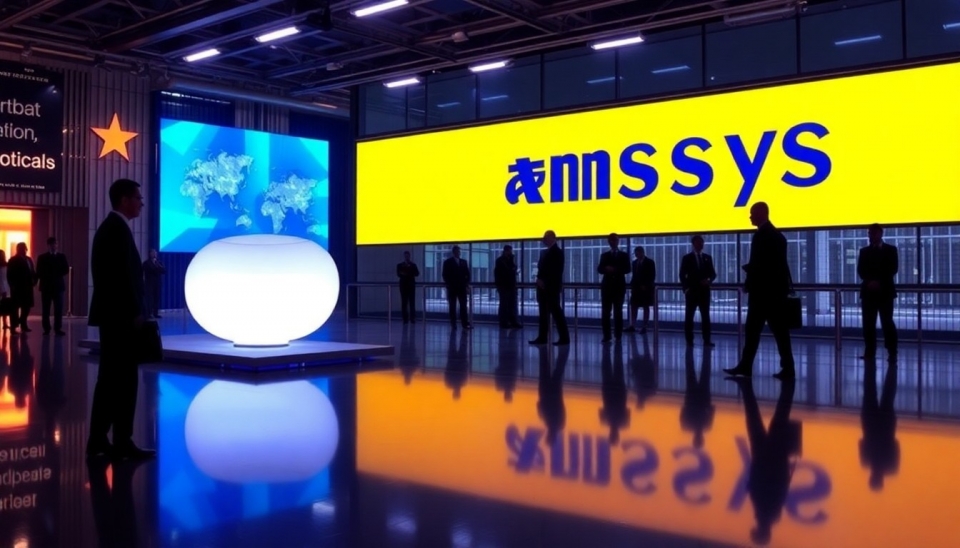
The ongoing trade tensions between the United States and China have raised significant concerns regarding the merger between Ansys Inc. and Synopsys Inc. This union could face extensive scrutiny from Chinese regulatory authorities, whose approval is essential for finalizing the $11 billion deal. Analysts and industry insiders are increasingly worried that the current geopolitical climate might derail an agreement that was once considered virtually assured.
As the tech giants involved are heavily intertwined with advanced semiconductor designs and software tools used in engineering, any disruptions in the approval process could have ramifications beyond just the companies themselves. Both Ansys and Synopsys are key players in the semiconductor industry, providing essential software solutions that boost both automation and efficiency in manufacturing processes.
Negotiations regarding the merger began amid a promising backdrop, as both firms sought to leverage their respective strengths in a rapidly evolving technological landscape. However, the rising stakes in the ongoing U.S.-China trade war now cast a shadow over the merger, leading to heightened uncertainty. With the Biden administration increasing its focus on limiting China's access to critical technology, any deal that requires the nod from Chinese regulators could be subject to delays or outright rejection.
Market observers are closely monitoring the unfolding situation as both companies appear to remain committed to seeing the merger through. Commentators have noted that a refusal from China to approve the deal could not only affect Ansys and Synopsys but could also signal a chilling effect on future foreign investments in the Chinese tech sector.
In response to these developments, representatives from both Ansys and Synopsys have reiterated their belief in the strategic benefits of their proposed merger. They contend that uniting their resources will enable them to face global competition more effectively and accelerate innovations in engineering and electronics. However, navigating the intricate web of international regulations, especially under the current geopolitical atmosphere, is proving to be a formidable challenge.
As the clock ticks on the expected finalization date for the deal, industry executives and stakeholders are on high alert. Whether Ansys and Synopsys will triumph in their efforts to secure approval will depend heavily on both diplomatic relations between the U.S. and China and the evolving regulatory landscape. Observers stress that building a constructive dialogue between the involved nations will be critical to aiding technological collaborations and infrastructure advancements.
While the final outcome remains uncertain, what is clear is that the interplay of international trade, technological development, and government policy will continue to shape the future for these companies, and possibly, the wider tech industry.
As the situation develops, stakeholders in the semiconductor space and beyond are left to ponder the implications of a world increasingly defined by economic and geopolitical rivalries.
#Ansys #Synopsys #merger #tradewar #China #techindustry #semiconductors #foreigninvestment #regulatoryapproval
Author: Emily Collins
